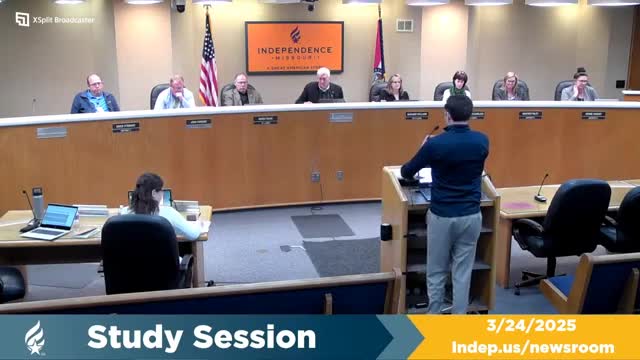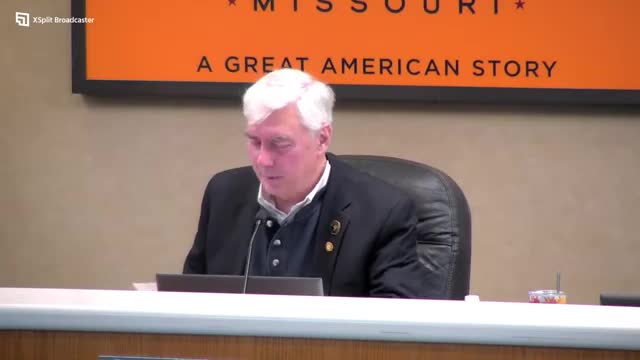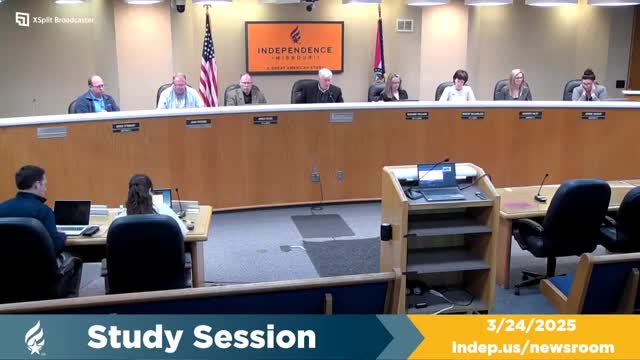Article not found
This article is no longer available. But don't worry—we've gathered other articles that discuss the same topic.

City manager presents $197 million general‑obligation bond package and tax impact ahead of April 8 vote

Independence reviews proposed Chapter 3 animal control changes including reckless‑owner rule and breeder licensing

